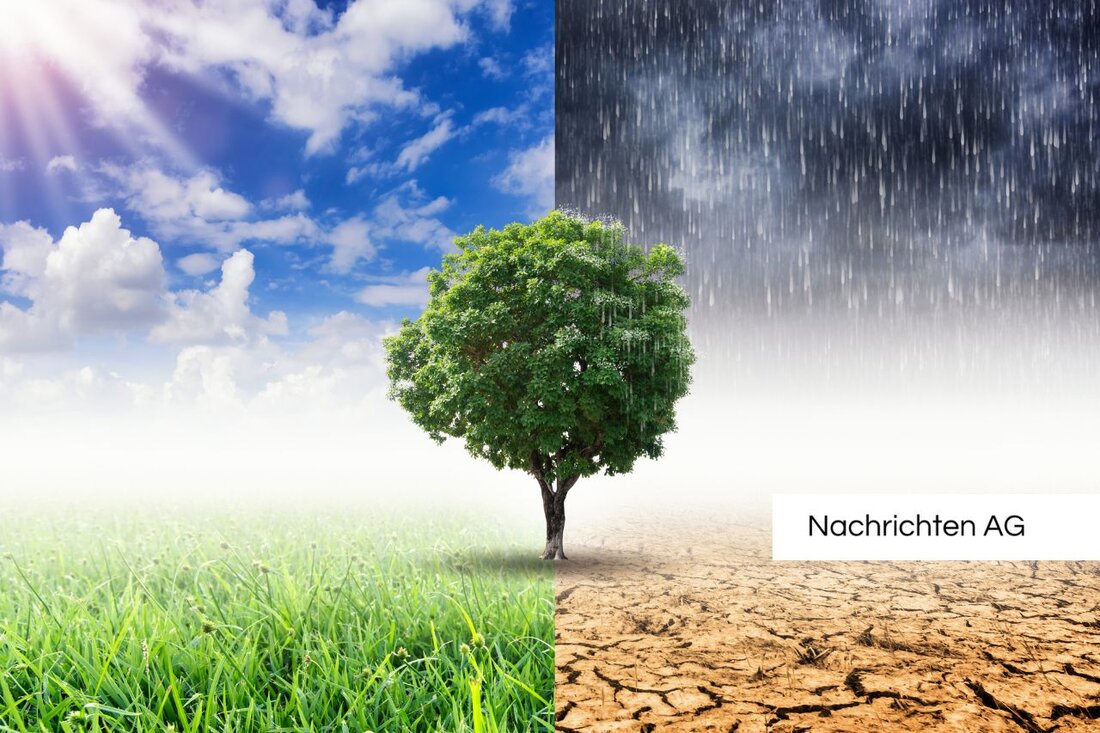Sustainable education in focus: specialist day at the University of Osnabrück inspires teachers!
On March 5, 2025, a specialist day on education for sustainable development (ESD) for teachers will take place at the University of Osnabrück.

Sustainable education in focus: specialist day at the University of Osnabrück inspires teachers!
On Wednesday, March 5, 2025, a specialist day on education for sustainable development (ESD) will take place at the University of Osnabrück. This event aims to train science teachers in biology, chemistry and physics to teach basic scientific concepts. The aim is to promote students' understanding and interest in topics such as sustainable energy production, microplastics and climate change. According to the University of Osnabrück, 130 interested people have already registered for the free specialist day go.uos.de/BNE submitted, with the registration deadline ending on March 4, 2025.
The program includes several lectures and workshops, including a lecture by Jacob Beautemps, known for his YouTube project “Breaking Lab”, who will talk about communicating the energy transition. Professors from well-known universities also enrich the event with their findings: Prof. Dr. Kerstin Kremer from the University of Gießen speaks about “Global challenges and education for sustainable development in biological contexts”, while Prof. Dr. Michael W. Tausch from the Bergische Universität Wuppertal dealt with the topic of “Photoprocesses in chemistry lessons”.
Key to transforming education
Education for sustainable development represents a holistic concept that aims to transform individual and societal ways of thinking and acting. The initiative promotes informed, responsible decisions regarding ecological, economic and social challenges. This is supported by a variety of resources that help teachers integrate sustainable topics into their lessons, such as the modules “What does my apple have to do with the climate?” for primary school students or materials about climate protection and consumer behavior for secondary school Education server be available.
The concept of ESD has its origins in the principles formulated at the UN Conference on Environment and Development in Rio de Janeiro in 1992. To ensure the long-term success of ESD, the following global sustainability goals (SDGs) are of central importance, in particular Education Goal 4, which calls for equal opportunities and inclusion for learners of all ages. Promoting an understanding of science in specialist lessons is intended to support active participation in discourses on the topics of sustainable development.
The role of school management and education authorities
In order to anchor sustainable developments in education, the Conference of Ministers of Education and Cultural Affairs passed a recommendation on ESD in 2007. In addition, an independent recommendation on ESD in schools is expected for 2024, which is intended to expand the framework for the development of curricula and further training concepts. As part of the National Action Plan for Education for Sustainable Development (NAP ESD), which includes 130 goals and 349 recommendations for action, regular reporting ensures that progress in the education system is documented and evaluated.
The current publication “Education for Sustainable Development – Information from the States” shows an overview of the ESD activities in various schools in 2023. Important institutions such as the Wuppertal Institute for Climate, Environment, Energy and the German Society for International Cooperation (GIZ) are actively committed to positive developments in the education sector. These measures are crucial to further strengthen teachers' and students' commitment to sustainability, while specific projects, such as supporting bilingual education, also help to promote the conceptualization of sustainable development between countries.

 Suche
Suche
 Mein Konto
Mein Konto